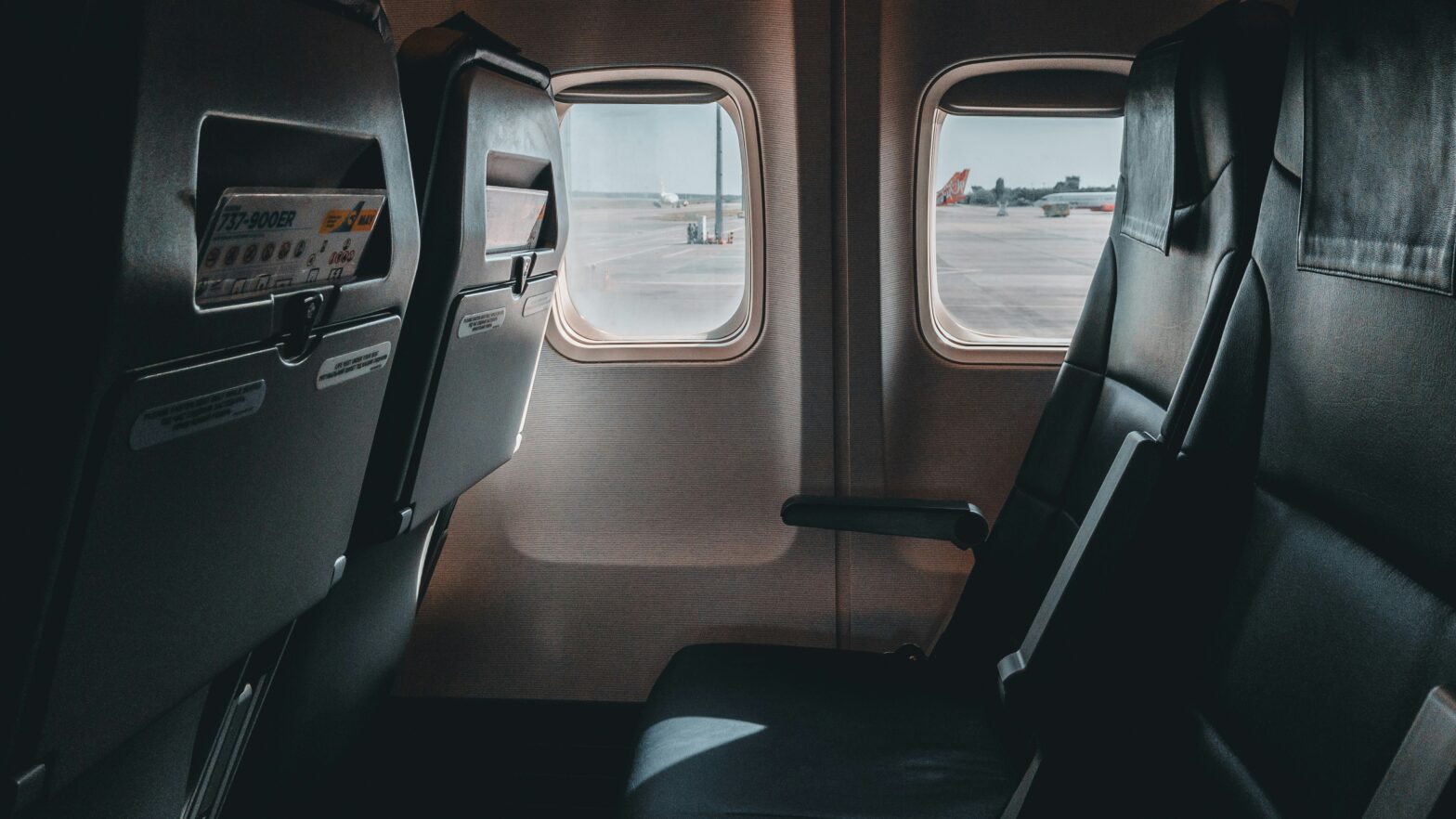If you want to get in some quality time with your partner before your bundle of joy arrives, a babymoon is the way to go. Babymoons are similar to honeymoons but instead of feting your new marriage, you’re celebrating the impending birth of the newest addition to your family.
In fact, this may be your final opportunity for some real alone time before becoming a parent, whether it’s the first or even the fifth child. And trust, it’s a much-needed respite before the cycle of diaper changes and late-night feedings kick in. It’s also not limited to couples. A solo babymoon is very doable.
Whether you choose to stay close to home or book a luxurious international getaway, it’s important to know the safest way to go about planning your trip. To get the answers to everything you need to know before planning your babymoon, Travel Noire spoke with Dr. Mandi Elliot, a consultant obstetrician and gynecologist based in Jamaica.
Travel Noire: At what point during pregnancy is it best to schedule a babymoon and why?
Mandi Elliot: A babymoon is best during the second trimester. That’s from weeks 14-28 of your pregnancy. It’s not that there’s a medical reason you shouldn’t travel outside that period with an uncomplicated pregnancy, but the common problems associated with pregnancy usually occur in the 1st and 3rd trimester. So by traveling during the 2nd you usually avoid the morning sickness that happens in the 1st and avoid the risks of going into early labor in the 3rd trimester. Most airlines don’t allow travel after 36 weeks because of the possibility of going into labor and that drops to 32 weeks if carrying twins or triplets.
TN: Is it best to schedule something domestically and close to home or is it okay to go on a longer trip that might involve multiple layovers?
ME: Traveling internationally is fine but domestic destinations are definitely better. Minimizing travel time is preferred, so consider short flights or non-stop flights to avoid running to connecting flights. This is mostly for a pregnant woman’s comfort but also to minimize the risk of deep vein thrombosis.

TN: Would it be best to go over the itinerary with your doctor?
ME: Definitely. Your doctor would be able to advise you on what activities are safe during pregnancy or even about avoiding certain destinations altogether. For example, areas with high rates of malaria or zika. Your obstetrician may be able to put you in contact with obstetricians in your travel area and your doctor will also likely remind you about eating safely and what food to avoid during your vacation.
TN: Should you locate and contact a doctor at your intended destination as well?
ME: It is important to locate the nearest hospital, medical facility, or obstetrician. However, making contact with a doctor isn’t necessary unless in the event of an emergency or if you have a complicated pregnancy. It’s also a good idea to find out if your hotel, villa, or place of stay has a doctor on call.
TN: What are some items, documents, or medications you would advise the expectant mother to travel with?
ME: Always carry your prenatal vitamins, anti-nausea medications, and any other prescribed medication. Ensure you have both health insurance and travel insurance. Any documentation regarding your current pregnancy such as the estimated date of delivery and/or ultrasounds would also be helpful in the event of an emergency. Having your obstetrician’s contact information is a must.
TN: What do expectant mothers need to be mindful of when flying, going on road trips, and cruises? Are airport metal detectors or body scanners safe?
ME: Metal detectors or body scanners are safe as they emit less radiation than a cell phone does. During flying it’s important to keep hydrated. Walking or moving around at least hourly is recommended, so it’s a good idea to request an aisle seat. Leg exercises can also be done while sitting and compression stockings are advised. These all improve blood circulation, decreasing the risk of leg swelling and deep vein thrombosis (blood clots in the legs).
Same for road trips: hydration, taking pit stops to walk, leg exercises, and compression stockings. Seat belts should be worn with the lap part very low on the hips. Not over the abdomen.
For cruises, ensure there is a doctor onboard throughout the journey. Make sure you have anti-nausea medications. Many cruise lines have stricter guidelines regarding the timing of travel — many only allowing travel up to 24 weeks pregnant — so be sure to check.
This advice is for uncomplicated pregnancies. Also, remember to allocate some time for REST on your itinerary.





